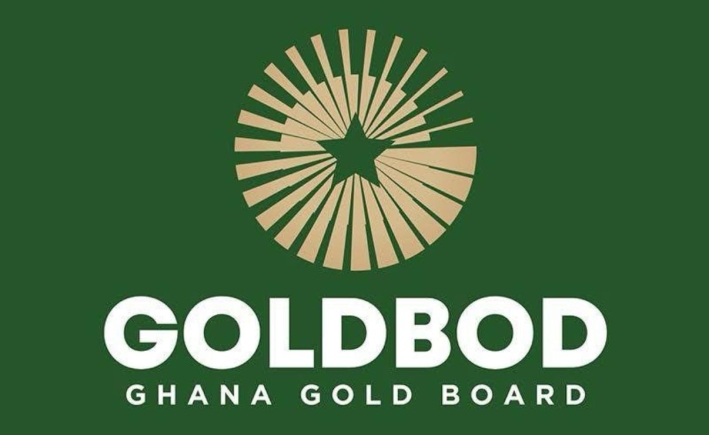The Ghana Gold Board (GoldBod) has officially commenced the licensing of Service Providers in the gold trading sector, marking a significant regulatory step aimed at streamlining operations, curbing illegal activities, and optimizing national benefits from Ghana’s gold resources.
In a press statement released on Wednesday, April 23, the GoldBod announced that Ghanaians aged 18 years and above, as well as fully-owned Ghanaian companies, are now eligible to apply for gold trading licenses.
“This marks the beginning of a new era in the gold trade industry in Ghana.
“We are implementing a structured licensing regime to ensure that only qualified and compliant actors participate in the sector.”
Goldbod
Applications can be submitted either online through the official GoldBod website (www.goldbod.gov.gh) or in person at the licensing office located at the agency’s headquarters in Accra.
Effective immediately, individuals and companies may apply for the following four categories of licenses: “Aggregator License, Self-financing Aggregator License, Buyer License (Tier 1), and Buyer License (Tier 2)”

Additional license categories—such as Refining, Smelting, Fabrication, Storage, Transportation, and Importation licenses—will become available for application starting in July 2025.
The phased approach is intended to allow stakeholders to adapt to the regulatory framework in a measured and orderly manner.
The GoldBod emphasized transparency and accessibility in the application process. All relevant information about the Board’s mandate, licensing requirements, and operational policies can be found on its website.
Goldbod entreated applicants to carefully read and accept the terms and conditions associated with each license type before proceeding.
“Stakeholder cooperation is essential. We’re not just launching a bureaucracy—we’re building a more transparent, traceable, and equitable gold trading ecosystem.”
Goldbod
Goldbod’s Mandatory Use of BoG Reference Rate

In a further bid to enhance price standardization and transparency, the GoldBod reiterated its directive that all gold transactions must be conducted using the official Bank of Ghana (BoG) Reference Rate, which is regularly updated and published on the central bank’s website (www.bog.gov.gh).
This measure is intended to eliminate price manipulation and promote fairness in local and international gold sales. It is also aligned with broader government efforts to stabilize Ghana’s foreign exchange regime by ensuring that the true value of gold exports is captured.
In line with the Ghana GoldBod Act, 2025 (Act 1140), the Board reiterated its directive that all foreigners involved in local gold trading must exit the market by April 30, 2025.
Any foreign entity or individual found trading locally beyond this deadline will be in breach of the law and subject to punitive measures.
However, foreign entities are not entirely shut out of Ghana’s gold sector. “A foreigner may apply to the GoldBod to off-take gold through official channels,” the statement clarified, suggesting that exports and structured offtake agreements are still permissible under proper regulatory oversight.

Industry analysts have welcomed the move, describing it as a long-overdue intervention in a sector often plagued by illegal mining, smuggling, and non-transparent practices.
The new licensing system is expected to professionalize the industry and improve investor confidence.
The GoldBod assured the public of its readiness to work collaboratively with all stakeholders—including traditional leaders, community members, traders, and security agencies—to restructure the sector for long-term sustainability.
Citizens and stakeholders are encouraged to make inquiries or provide feedback via the GoldBod’s online platform. The Board reiterated its commitment to maintaining an open dialogue with the public to ensure that the reform process is participatory and inclusive.
“We count on the full cooperation of the public. GoldBod will continue to prioritize your feedback as we build a gold sector that serves Ghana’s national interest.”
Goldbod
With Ghana being one of Africa’s top gold producers, the success of the licensing initiative could serve as a model for other mineral-rich countries seeking to maximize domestic benefits from their natural resources while clamping down on illicit trade.
READ ALSO: Ghana’s Foreign Minister Rallies West Africa to Reignite Pan-African Vision





















